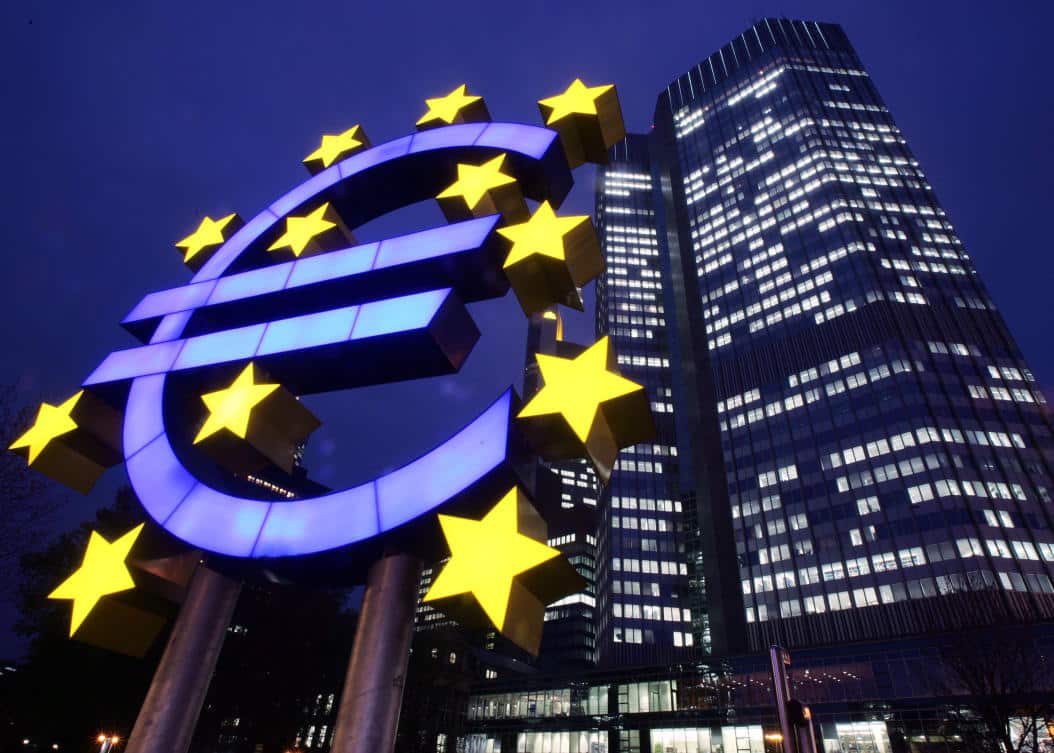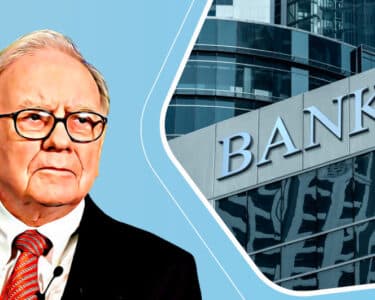Investors are bracing for financial volatility as political instability does not seem to abate in Europe. The investors seem to be acknowledging it as the first signs are seen in the financial markets as the VSTOXX futures have seen a rise in the past few weeks. The volatility in financial markets can also be attributed to the upcoming elections in the European Union countries in the month of May. There are about 350 million people who will be deciding who has to lead them and also shape the political future amidst issues like immigration and the possibility of the right wing lawmakers gaining control over the parliament.
The speculation of the right-wing candidates gaining power and also the increase in populism has made traders wary and involve in speculative trade. Herve Guyon head of the European equity derivative at Societe Generale said, ‘Political uncertainty might be coming from the EU rather than the United States. We have seen investors making very large trade to benefit from an increase in volatility around these events. We as a bank don’t expect the elections to be a massive game-changer. The populists won’t get enough to disrupt the political system, but we do note some investors did take some positions on this event’.
Issues due to Brexit:
Another reason for the market volatility is the Brexit deal and the terms surrounding it, even as the country is heading to its March 29 deadline, there is no clarity on what the outcome will be due to which the Bank of England and other central banks in Europe have been dovish.
Implied Volatility index jumps:
The volatility index which tracks the European stocks demand in the market is at 15.68, and the futures which rely on it to bet on its stocks have jumped indicating that the investors are betting on a huge upswing in stocks. As per data, the implied volatility for contracts that end in May shows 16.8 and for April to be around 15.35. BNP Paribas head of equities Edmund Shing said ‘We are seeing a bit of kink around May when we have European elections, and we have this wave of populism.’ Even the Deutsche Bank currency indicator for volatility reached its lowest in the past few years.
Concerns of growing populism, upcoming elections in EU, uncertainty over Brexit deal and the trade tensions between China and the US has made the European central banks dovish and has led to investors betting on greater




